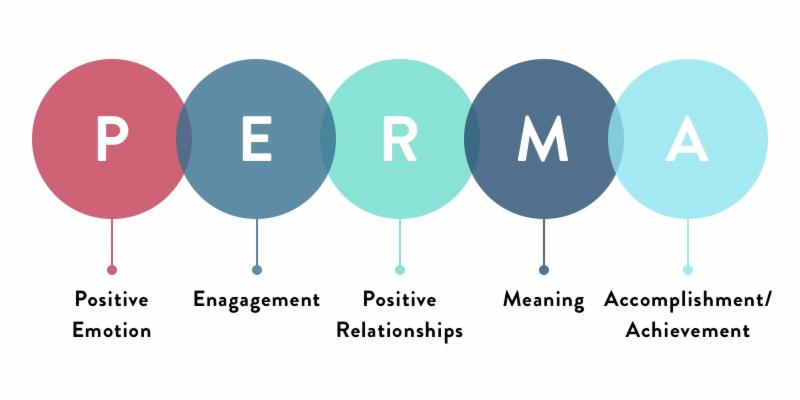You may have heard about Positive Psychology. But, you may not know “What it is? Why does it matter to you? How can it help you or your team?”
Here are some quick answers and 5 riveting videos for you to share.
1. Let’s start with “What is Positive Psychology?”
In simple terms, it is the art and science of well-being. Think of you “at your best.” Maximizing your strengths. Asking, “What would make my life more meaningful” or “How can my team flourish?”
2. Why does it matter to you?
Here are some of the benefits of Positive Psychology:
- Enhanced individual and organization learning
- Improved social relationships
- Better workplace performance and productivity
- Enhanced problem solving and creativity
- Increased job satisfaction
(Fredrickson, 1998E; Lyubomirsky, King, & Diener, 2005)
3. Now, how can it help you or your team?
Positive Psychology is a vast science with countless applications. The most inclusive model to describe well-being is called PERMA.
The PERMA Model was developed by my favorite psychologist, Martin Seligman. (We have met twice and discussed my research on positive psychology coaching.) I strongly recommend his seminal 2011 book, “Flourish”.
“PERMA” stands for the five essential elements that contribute to individual or team well-being. These are:
1. Positive Emotion (P)
For us to experience well-being, we need positive emotion in our lives. Any positive emotion such as gratitude, satisfaction, hope, curiosity, or love falls into this category. We each have subjective experiences of positive emotions.
I made a short video on Positive Emotion (P) for you. You can watch it here.
2. Engagement (E)
When we’re truly engaged in a situation, task, or project, we experience a state of flow. Time seems to stop, we lose our sense of self. We concentrate intensely on the present. We excel at challenging tasks. You can increase engagement for yourself and your team.
I made a short video on Engagement (E). You can watch it here.
3. Positive Relationships (R)
Humans are social beings and good relationships are core to our well-being. You can develop meaningful, positive relationships with others. We can measure fMRI images that describe the quality of your relationships. We can develop better relationships and accelerate behavioral or performance outcomes. (That was my dissertation research.) Curious about the details?
I made a short video on Positive Relationships (R). You can watch it here.
4. Meaning (M)
Meaning results when we serve a cause bigger than ourselves. Your meaningful outcome may be quantitative (e.g., earn $100k/year or give away 15% of earnings per year). Your meaningful outcome may be qualitative (e.g., care for your loved ones or serve humanity in some way.) We all need meaning in our lives to develop well-being.
I made a short video on Meaning (M) for you. You can watch it here.
5. Accomplishment/Achievement (A)
Many of us strive to master a skill, achieve a goal, or win some competitive event. Achievement defines us. Or not. Accomplishment is another element that contributes to our ability to flourish.
For specific details, I made a short video on Accomplishment/Achievement (A). You can watch it here.
Now that you understand the PERMA model, I hope you will use it to increase your well-being and help your teams flourish.
P.S. Let me know how you are flourishing?
P.P.S. Let me know if you like this long-form email or if you prefer the shorter ones?
Action leads to learning. What are you waiting for?
To contact Doug Gray, CEO, PCC, call 615.236.1892 or contact us here. Today.

